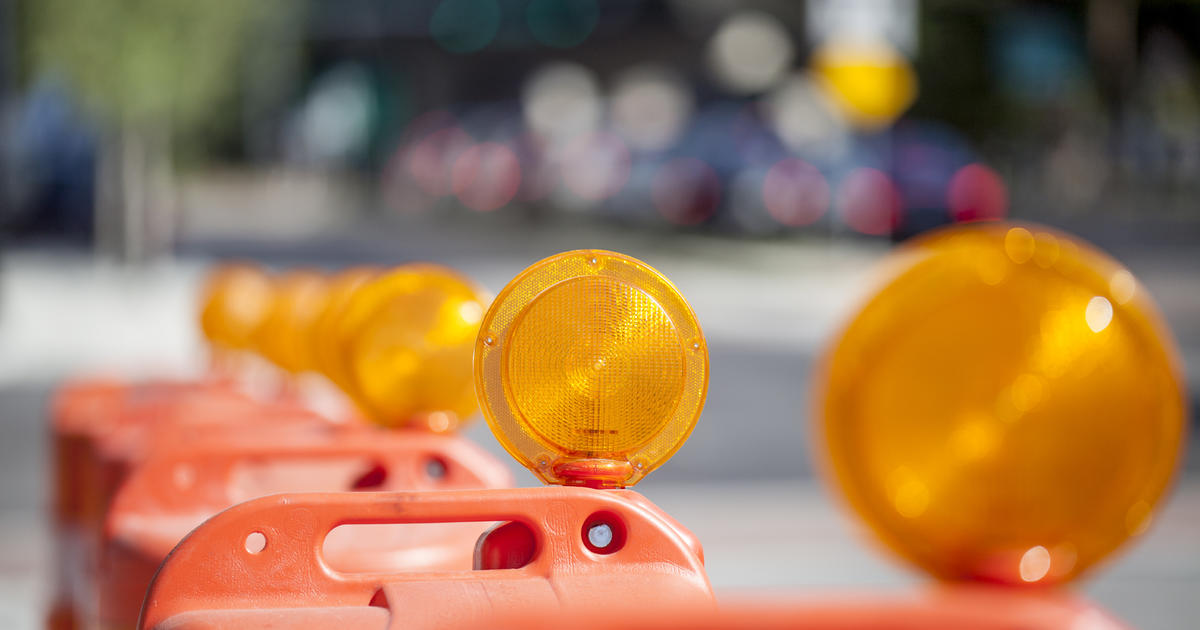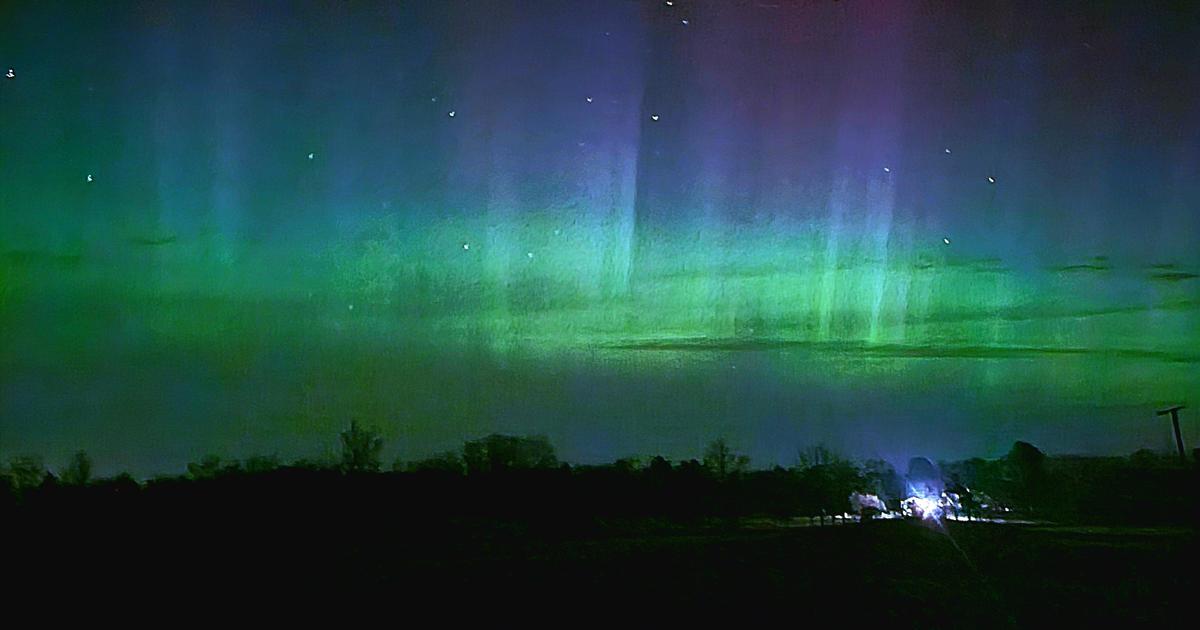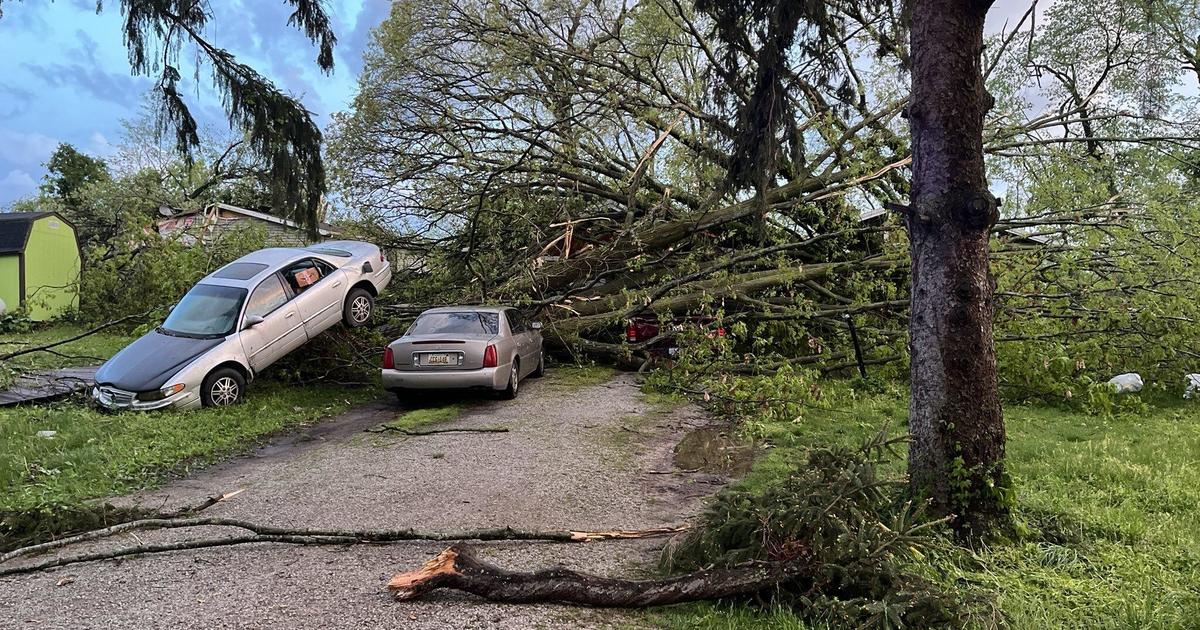Mega Millions Jackpot Hits $1.6B, Thanks to worsening odds
DES MOINES, Iowa (AP) - If it seems like lottery jackpots are getting larger and larger, it's because they are getting larger and larger.
Tuesday night's Mega Millions estimated grand prize has hit a staggering $1.6 billion, continuing a trend of giant jackpots. It ties the largest lottery prize in U.S. history — and is bound to continue growing — and joins five other top 10 drawings in the last three years.
Lottery officials changed the odds in recent years to lessen the chance of winning a jackpot, which in turn increased the opportunity for top prizes to reach stratospheric levels. A look at how the numbers work out:
WHY REDUCE THE NUMBER OF JACKPOTS?
The theory was that bigger jackpots would draw more attention, leading more players to plop down $2 for a Mega Millions or Powerball ticket. The more tickets sold, the more the jackpots grow, leading to more players and ... you get the idea.
Powerball was the first to try the theory in October 2015, when it changed the potential number combinations. In doing so, Powerball changed the odds of winning the jackpot from one in 175 million to one in 292.2 million. Officials at that time also increased the chances of winning small prizes. Mega Millions made similar moves in October 2017, resulting in the odds worsening from one in 259 million to one in 302.5 million
DID IT WORK?
States have generally reported increased Mega Millions and Powerball sales since the change. But the ever-increasing jackpots have left them ever-more dependent on those massive payouts because prizes that once seemed so immense now seem almost puny in comparison. Consider the current $430 million Powerball jackpot. That's an incredible amount of money, but compared to the Mega Millions prize hovering around $1.6 billion, it barely seems worth the bother of buying a ticket.
WHEN THE JACKPOT GETS ENORMOUS, WHAT ARE SALES LIKE?
It's hard to overstate how fast lottery tickets fly out of the mini marts when the top prizes get so large. In California, for example, the lottery Thursday sold $5.7 million in Mega Millions tickets during the first half of the day. The height of sales came during the lunch hour, when people were buying 200 tickets per second.
IF I WIN, WHAT MAKES IT INTO THE BANK?
Don't count on making a deposit for anywhere close to $1.6 billion if you win the Tuesday night drawing. Nearly all winners take the cash option, which was about $904 million as of Saturday morning. After federal taxes and state deductions, which vary across the country, winners will generally end up with around half that amount to pay for their yacht shopping. The annuity option guarantees more money, but it's paid over 29 years and also would result in a hefty tax bill.
GIVEN THE AWFUL ODDS, AM I A SUCKER TO PLAY?
You're not being rational if you think you have a good chance of winning the jackpot, whether it's with one ticket or 100. The probabilities are overwhelmingly not in your favor.
How bad are they? Cornelius Nelan, a math professor at Quinnipiac University in Connecticut, notes the odds are about the same as rolling a die and getting a one, 11 times in a row.
Most people don't expect to win and instead think the $2 ticket is a small price to dream and be part of a wishful conversation with co-workers or family. As Jane L. Risen, a professor of behavioral science at the University of Chicago, puts it: When the jackpot grows so large, "it creates this sense of community. It creates this sense of camaraderie. I also think that it creates a potential sense of regret to not be the one playing," she said.
© 2018 Associated Press. All Rights Reserved. This material may not be published, broadcast, rewritten, or redistributed.



